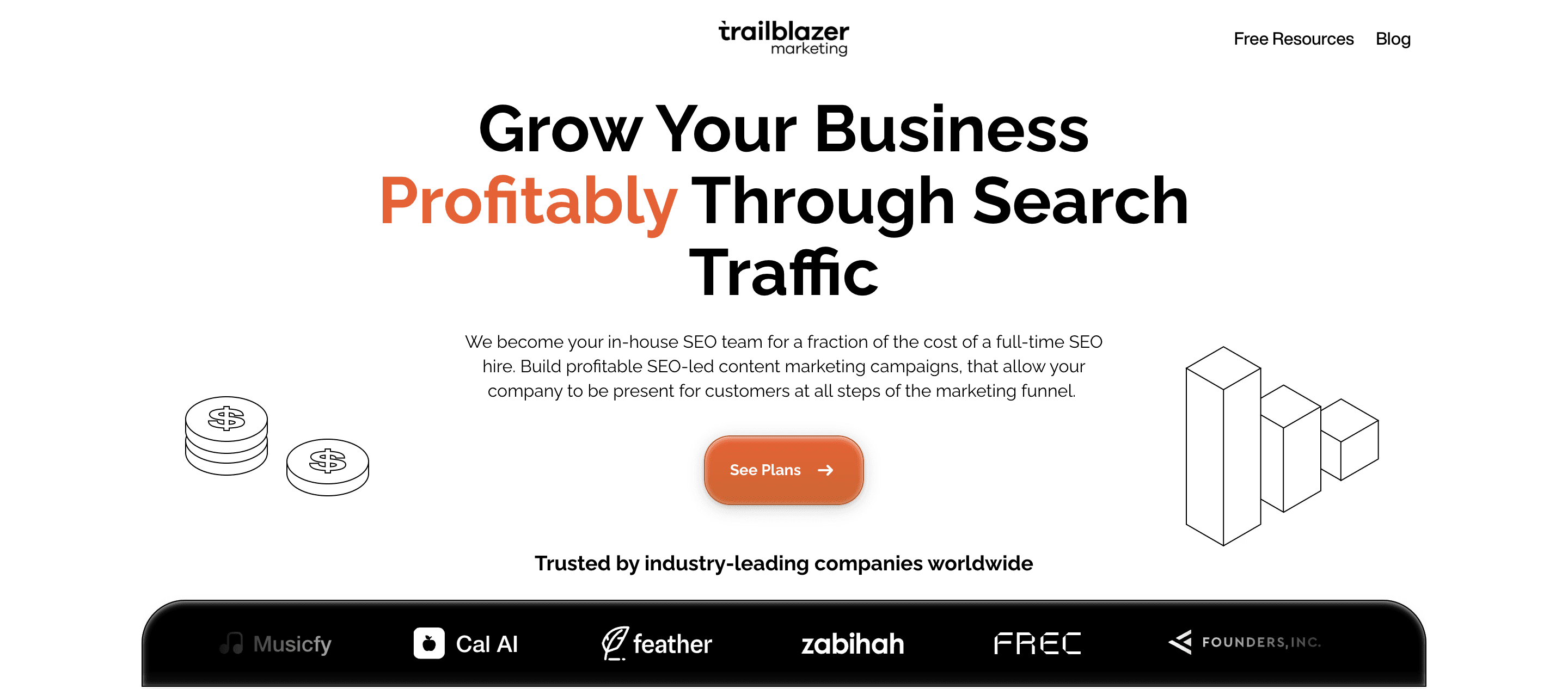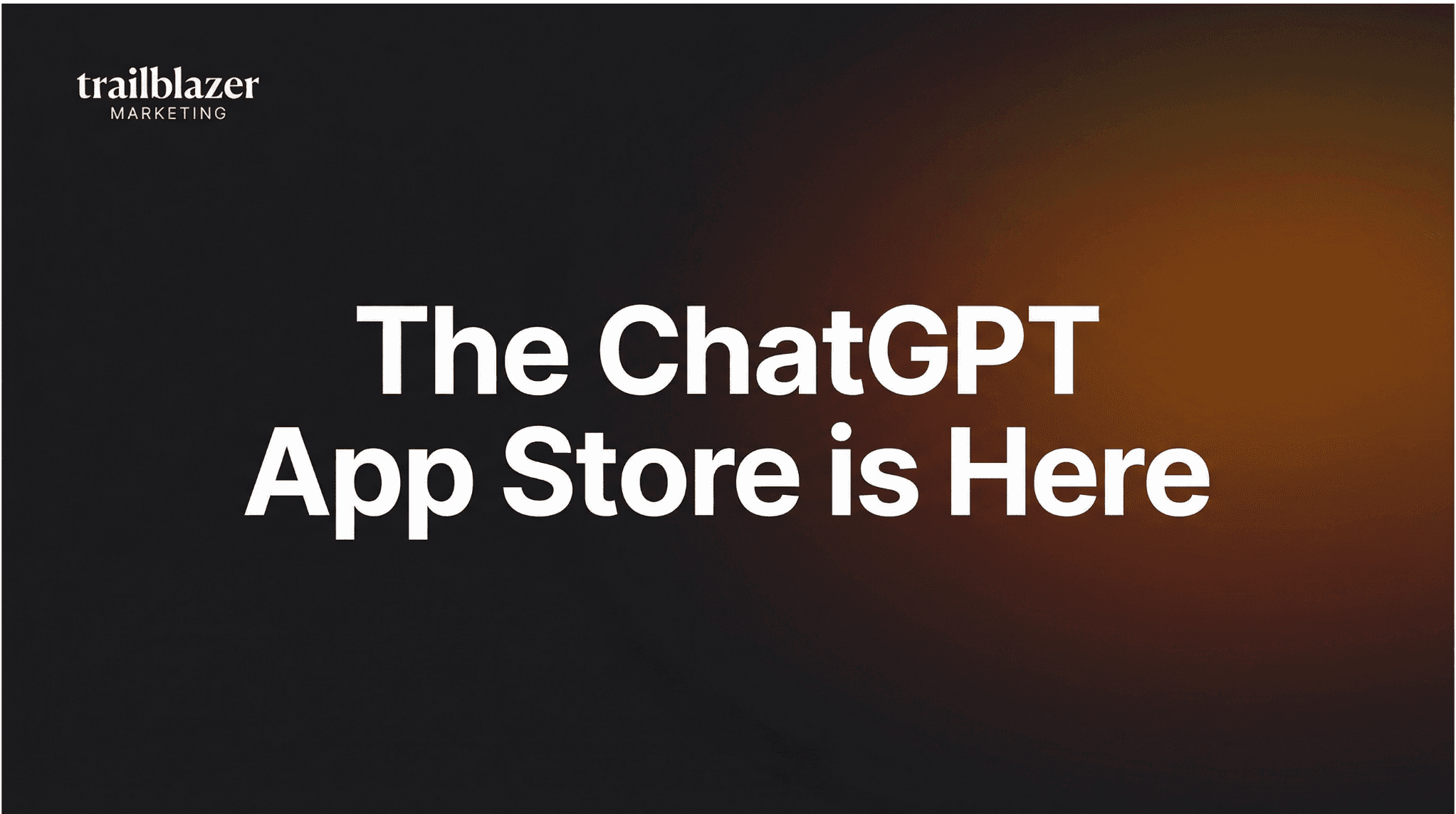How Cross Promoting Your Content Increases Search Traffic
Feb 18, 2025
How Cross Promoting Your Content Increases Search Traffic
Do you want to know one of the trade secrets that top SEOs use, to boost the search performance for their own websites? It’s pretty simple when you think about it. It’s been staring you in the eye when you roam through the internet. What is it? Cross promoting your content across socials, and communities. Read on, and we’ll give you background context on how this boosts search performance, as well as some tips to weave cross promoting into your workflows.
Table of Contents
What Happens When You Create a New Page & Request Indexing

Before we talk about the merits of cross promoting content, let’s do a quick crash course on what happens behind the scenes, after you submit your webpages to be indexed by search engines. If you don’t know what ‘indexing’ means, take a look at the Pro-Tip below. Otherwise, feel free to skip the section!
Pro-Tip: Always Submit Your Webpages to Be Indexed After Publishing Them
Here’s another trade secret. Always submit your new web pages to Google Search Console, after they are published. This is how to do it.
Step 1: Log in to Google Search Console
Step 2: Inspect Your New Page Using the Search Bar at the Top of the Page
Step 3: Click Request Indexing
Step 4: Check Back In After a Few Days to See That it Has Been Indexed
Search Engines Assess Your ‘Rankability’
Ok, back to the topic at hand – what happens behind the scenes with search engines, when you publish a new page (and request indexing). In simple terms, search engines check to see if you are worthy of ranking.
Here is how they do it:
1. Check to See How Authoritative Your Domain Is
The search engine algorithm will try to think through questions such as:
Does your website have a history of generating organic search traffic?
What terms does your website rank for?
How does your new webpage fit into the search engines’ understanding of what it is you do?
Please note, that the above is an over-simplified view of search engine algorithms.
2. Who Do You Compete With
If you’ve optimized your webpage (or as we like to call it, SEO), then the search engine will understand that you are trying to rank for a given keyword. That being said, there are likely other pages that are already ranking for that keyword. So, the search engine will try to understand information such as:
How authoritative are the existing web pages?
How many backlinks do the existing web pages have?
How old are these web pages?
How much traffic do these web pages get?
What is the typical user behaviour on these web pages?
The algorithm is trying to do an audit of the existing landscape at this point and get a sense of whether you deserve to be in that elite group of web pages.
3. How Good Is Your Webpage
When you submit your webpage for indexing, the web crawler will try to understand the quality of your content. So it’ll scrape, analyze, and try to understand the following:
Is there enough content?
Is the content high-quality?
Does this content help visitors?
Does the author share real expertise here, or are they just writing mumbo-jumbo?
How many people have visited this web page before
That last one is the kicker. That’s what we’re trying to help you with. Cross promote your content, so that you can show search engines that people are already finding your webpage, and interacting with it.
How Search Engines Know How Many Visitors Your Web Pages Receive
At this point, you’re probably wondering, how on earth will the search engine know how many visitors my webpage has received. Well, if you’re using web analytics on your website, high chances are that you are using Google Analytics. Approximately 90% of websites that use web analytics, use Google Analytics on their website. So if you’ve got Google Analytics set up on your website, it can track and see how much traffic your webpages get from all types of sources and mediums.
Since Google Analytics is owned by Google (the leading search engine at this moment), and while Google doesn’t disclose its ranking factors or sources, there is a widely held belief that Analytics behaviour is used by search engine algorithms to determine page quality and viability. Aside from analytics, Google also has Chrome, Google Search Console, Android, Google Fiber (its DNS service), and more at its disposal. There is literally no shortage of possibilities as to where they can track web activity. Now, let’s talk about how referral traffic, or traffic from cross promoting your web pages actually impacts your search rankings and search traffic.
How Referral Traffic Impacts Your Search Rankings

We’ve already discussed how there is a widely held belief that Google uses data from its analytics products to figure out whether a page is receiving organic traffic from other sources, and mediums. Now let’s talk about the impact of direct traffic to your webpages. For context, direct traffic means when a visitor lands directly on your page URL, without having to search for it.
Direct Traffic is an Important Ranking Factor
SEMrush just published its’ ranking factors report for 2024, and they found that direct traffic share, and time on site are two of the key ranking factors in correlation with position in search engine result pages.
Direct Traffic is a Positive Signal of Authority and Trust
SEMrush found that pages that are ranking in the top 10 positions get more direct traffic than pages that are not in the top 10 spots. When many visitors go to your web pages directly, it signals to Google that your web page and domain have high authority and value. The reason behind that is human psychology. People won’t spend time visiting your web pages if they don’t deem them to be valuable.
Direct Traffic Equates to Brand Value
Direct traffic to your website or web pages indicates high levels of brand awareness and brand loyalty. When search engines are aware that your pages see a lot of direct traffic, they understand that many people are familiar with your brand, and that demonstrates a level of trust. In addition, direct traffic usually has higher levels of engagement, as these visitors likely know, like, and trust you, so they spend more time engaging with content on your website.
How to Think About Cross Promoting Your New Content

Now that we’ve covered the importance of cross promoting your web pages, to drive direct traffic, let’s talk about a few different ways to think about how to do cross promotion.
Where Does Your Audience Live
Not literally. Where do they live online? This is going to be unique to each business model, price point, and industry. For example, B2C audiences may live on consumer-oriented social channels such as Instagram, TikTok or even YouTube Shorts. B2B audiences on the other hand may browse Linkedin, and professional communities (ie., Slack channels for Growth Marketers), or they may even enjoy Webinars. There’s one channel that will always be universal – email. This one is the easiest as well! You just need to incorporate your new web pages into your periodical newsletter. This helps your existing audience reinforce their notion of you being an expert and also drives direct traffic to your new pages – sending all the right signals to search engines.
Remix Your Content for Each Channel
Would you like to know what not to do? Reshare your webpages as links on each channel, without any added effort. You might think these types of posts get engagement, but think again. It’s lazy. You know it, and your audience knows it. That’s why they won’t care to engage.
How to Remix Your Content
What we would recommend is, to spend some time, and take a look at how influential pages, or people, post content for your target audience. Think through questions such as:
Is there a common way that they post content?
When do they post content?
How often do they post content?
What does their content look like?
What would we need to do to post content similarly?
Do they engage with other pages or people?
How do they funnel people to their web pages?
You’ll want to do the above exercise for each channel that you are considering cross promoting on. You may be surprised, each channel has its own unique quirks. For example, something that is really hot on Twitter, sorry X, right now is Threads. In fact, people, and companies have even built out complete demand generation funnels using Threads.
What to Do Next

We’ve covered a lot here, but you’re now well-equipped to think through how & why you should cross promote your content. Remember, direct traffic will help you increase your search rankings, and it will most definitely help build trust with your audience. Do you want to know another way to increase your search rankings? Increasing your output of content that your audience will resonate with. This may be a costly endeavour if you handle it internally, but the good news for you is that our team at Trailblazer will be happy to help you with this. You can cost-effectively gauge our performance as well, with our 30-day Validate program, where we help you Validate SEO for your business within 30 days, for only $300. Act fast – we only onboard 3 new companies each month!
Dec 25, 2025
The ChatGPT App Store is Here.
OpenAI just launched the ChatGPT App Store, opening app submissions and creating a new App Directory for 800M+ weekly users. This blog post explains what the launch means for founders, how the app store changes the LLM SEO landscape, and why becoming discoverable inside ChatGPT is now as critical as ranking on Google. Learn the 2025 strategies to position your brand before this distribution channel becomes saturated.
Dec 11, 2025
The 2025 LLM SEO Playbook: 10 Proven Strategies to Dominate AI Search
This playbook synthesizes the most critical learnings for 2025, moving beyond traditional SEO to a more holistic framework.
Jul 16, 2025
Why Founders Should Care About LLM SEO (Before Everyone Else Does)
LLM SEO is like Google SEO in the early 2000s. This is the biggest organic growth opportunity at the moment. First movers will lead organic growth for the coming decades.

Free Resources
Used to help top companies:









